From the moment his mother tries unsuccessfully to coax him into saying "Philadelphia," Jeremy Zorn's life is framed by his unwieldy attempts at articulation. Through family rituals with his word-obsessed parents and sister, failed first love, an ill-fated run for class president, as the only Jewish boy on an otherwise all-black basketball team, all of the passages of Jeremy's life are marked in some way by his stutter and his wildly off-the-mark attempts at a cure. It is only when he enters college and learns his strong-willed mother is dying that he realizes all languages, when used as hiding places for the heart, are dead ones.From Publishers WeeklyThe story of a boy who stutters, at war with, yet entranced by, language, Shields's ( Heroes ) second novel is a bitingly funny cry from the heart and a mordant paean to the power of words. "Sometimes my childhood seems . . . an endless series of . . . overwrought attempts to get beyond a voice that bothered me," reflects Jeremy Zorn, victim of a speech defect that becomes his life's animating principle. Snared by sibilants, reduced to social helplessness, like a modern-day Demosthenes he resolves to use language to "rearrange the world." His handicap comes to seem emblematic of obstacles to communication in general, and helpful in dramatizing them: "I thought it was my duty to insert into every conversation the image of its own absurdity," Jeremy contends, and his coming-of-age requires a comprehensive survey of the available means of verbal rebellion. They include ghetto slang; sign language; singing in the school chorus; debating; and Latin (which "existed only on the page. . . . was always silent"). However, Jeremy's fitting, final choice of existential weapon is fiction. Shields flexes substantial intellectual muscle, yet powerfully sympathetic portraits of Jeremy, his family and their friends also account for the novel's vitality; all and sundry invite effervescently sarcastic comment from the stutterer. The frustration bred by his "neurasthenic self-consciousness" commands Jeremy to let off steam of a high order of hilarity, while driving him to search for his place in the world with uncommon, compelling ferocity. Copyright 1989 Reed Business Information, Inc. From Library JournalFrom Billy Budd to Billy Bibbitt, characters tormented by stuttering and thus prevented from expressing their most passionate feelings have played a central role in American literature. But Jeremy Zorn is the first such character to narrate his own story. For Zorn, stuttering is a barrier that must--at all costs--be breached or circumvented. But his is much more than the story of a young man's struggles to overcome a frailty of nature. It is finally an insightful examination of the struggles of children and parents to articulate their love for one another. The result is as touching and funny a rendering of adolescence as The Catcher in the Rye . Those recently emerged from adolescence will readily see its truth; the well read will delight at Shields's ability with narrative. But Dead Languages speaks to everyone who has ever struggled to articulate an emotion and failed to find the words.- Frank Pisano, Pennsylvania State Univ., University ParkCopyright 1989 Reed Business Information, Inc.
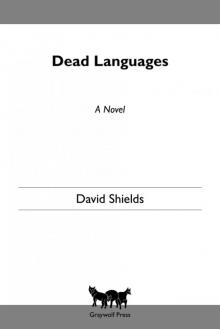
 Claim (Blood & Breed Book 2)
Claim (Blood & Breed Book 2) Life Without You
Life Without You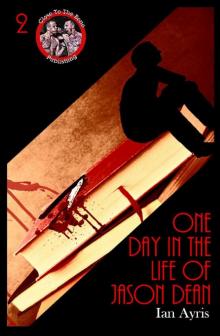 One Day In The Life Of Jason Dean - Ian Ayris
One Day In The Life Of Jason Dean - Ian Ayris A Stranger in My Window
A Stranger in My Window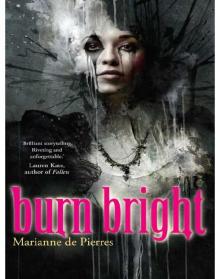 Burn Bright
Burn Bright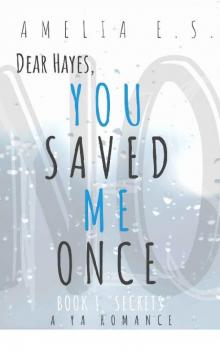 You Saved Me Once
You Saved Me Once Nikolai (Dangerous Love Series Book 1)
Nikolai (Dangerous Love Series Book 1)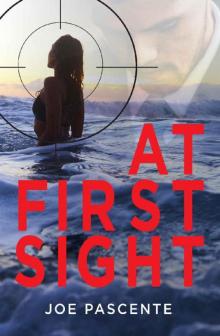 At First Sight
At First Sight